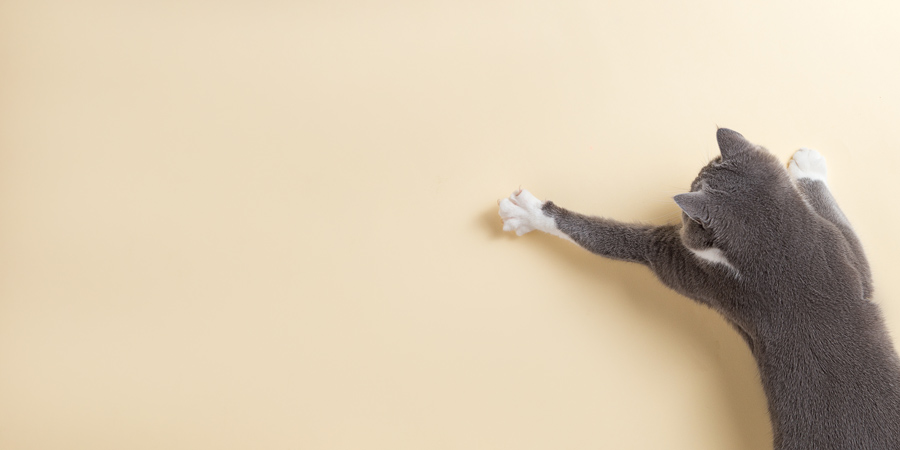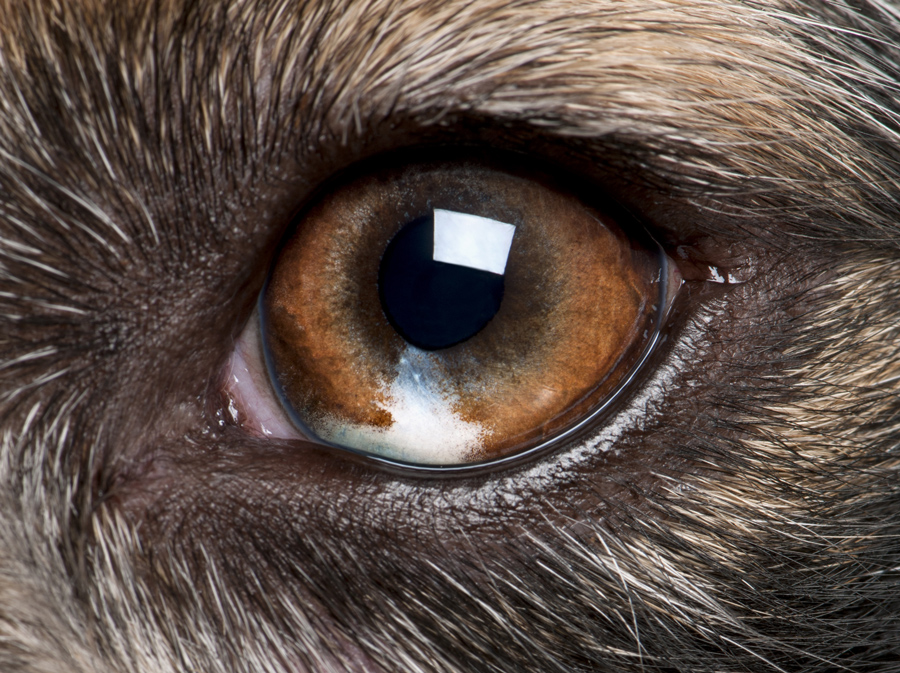
Consulatant Services

Keyhole surgery is a very effective and modern way of carrying out a variety of surgical procedures using specialist equipment.
The laparoscope is a small camera that along with forceps are inserted through small incisions in the skin. This then allows the vet to view the inside of the patient on a screen and carry out any surgery required.
The main benefit to keyhole surgery is the size of the surgical wound, which means less pain and a much faster recovery period after surgery. The surgical environment in the operating theatre is extremely clean and kept as sterile as possible, however using keyhole means there is even less risk of infection as the organs are not exposed to the surrounding environment. It also allows for a good view of the internal organs in the case of abdominal laparoscopy, meaning these can be checked visually at the same time.
Procedures using this method are female dog neutering, retained testicle removal in male dogs, internal organ biopsies, bladder surgery and various joint procedures.
The laparoscope is based at our Reigate branch but we welcome clients of any branch to book in for this method of neutering.
For more information, please speak to your vet.
The benefits of Laser therapy are relatively new to the Veterinary Industry, but it has been quickly recognised and adopted by Vets and used to treat a range of conditions.
Laser therapy uses light to favour and accelerate the body’s natural healing processes. The laser beam is passed over the skin, so that light energy (Photons) can penetrate deep into the tissues beneath. The energy then produces different biological effects as it reacts with different tissues. It also acts on nerves and directly reduces the transmission of pain signals to the central nervous system. The result is an increased rate of healing and decreased pain.
This treatment is suitable for use in Dogs, Cats and Horses, and also can be used in rabbits and other small pets. At Priory Vets we use MLS Laser Therapy technology, which is the most advanced laser therapy system on the market. It has much greater effect, reducing the response times and treatment times.
One of the great things about Laser therapy is that it is safe and has no side effects. It can be used alongside other treatments in the management of a condition.
MLS laser therapy effectively treats pain associated with conditions such as Arthritis, tendonitis, wounds, post-surgical swelling, lameness, hip dysplasia (Dogs), disc disease, sinusitis and many more. For most conditions we start treatments 2-3 times a week, and reduce as progress is seen. Long term conditions can be managed by a treatment every 2-4 weeks.
For more information, please speak to your vet.
Acupuncture is an energy based system of healing that has been used in animals for over 3000 years.
Scientific research shows that acupuncture produces several internal effects in the body of the treated individual. These effects include production of natural chemicals and changes in electrical flow that activate the body’s ability to rebalance itself in times of pain, injury or disease. In addition to reducing pain, acupuncture has effects on the cardiovascular, respiratory, endocrine and immune systems.
Integrating Acupuncture with conventional veterinary medicine can help reduce the amount of medication needed to treat a certain condition or reduce the side effects that some drugs can cause in many patients. It can be especially helpful in chronic conditions that conventional medicine can’t cure.
For more information, please speak to your vet.
At Priory Vets we believe that understanding your pet or horse’s behaviour is a key part of ownership.
We always try and work in a way that promotes natural behaviours and recognises key factors such as stress when visiting the vets. We are pleased to be able to offer one to one behavioural consultations by appointment with Behaviourist Susan Gammage BSc DipCAPBT IAABC Certified member and ABTC Accredited Behaviourist.
Susan has qualifications in Equine, Canine and Feline behaviour, and she follows the Natural Animal Centre ethics of using positive reinforcement techniques in her programmes. Susan also runs our Puppy Playschool alongside our Qualified Nurses.
All veterinary surgeons who are registered to practice in the UK are required to have degrees in Veterinary Medicine from a university accredited by the Royal College of Veterinary Surgeons, our governing body.
The degrees generally take 5-6 years to complete. During this period veterinary students have to complete over 9 months of practical experience in veterinary clinics while they are studying. At the end of this vets are considered competent in their skills to enter practice if they pass all the exams in order to graduate.
Before registration, all vets have to swear an an oath to ensure the health and welfare of animals committed to their care. Once they are working in practice there is another stage known as the Professional Development Phase which is an important period for young vets to further develop their basic skills and knowledge. Throughout their careers vets have to undertake additional training called Continuous Professional Development to a minimum of 35 hours per year, which can be in a wide variety of areas.